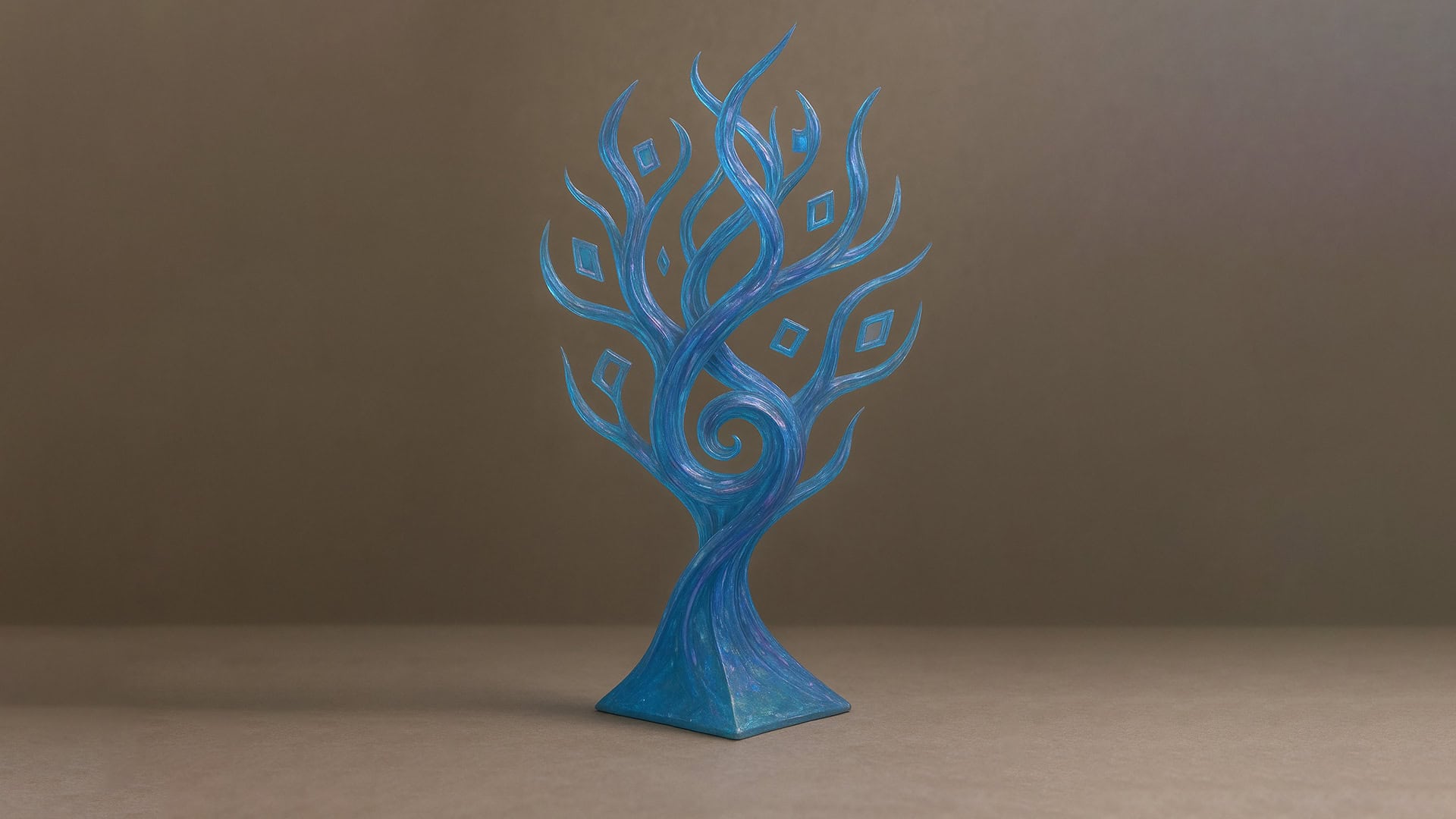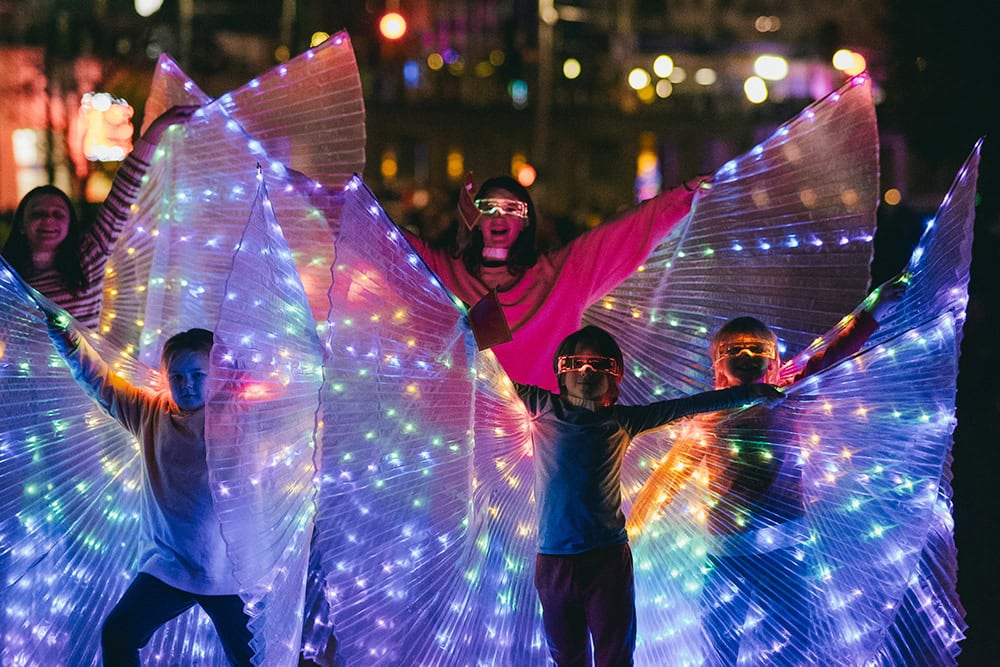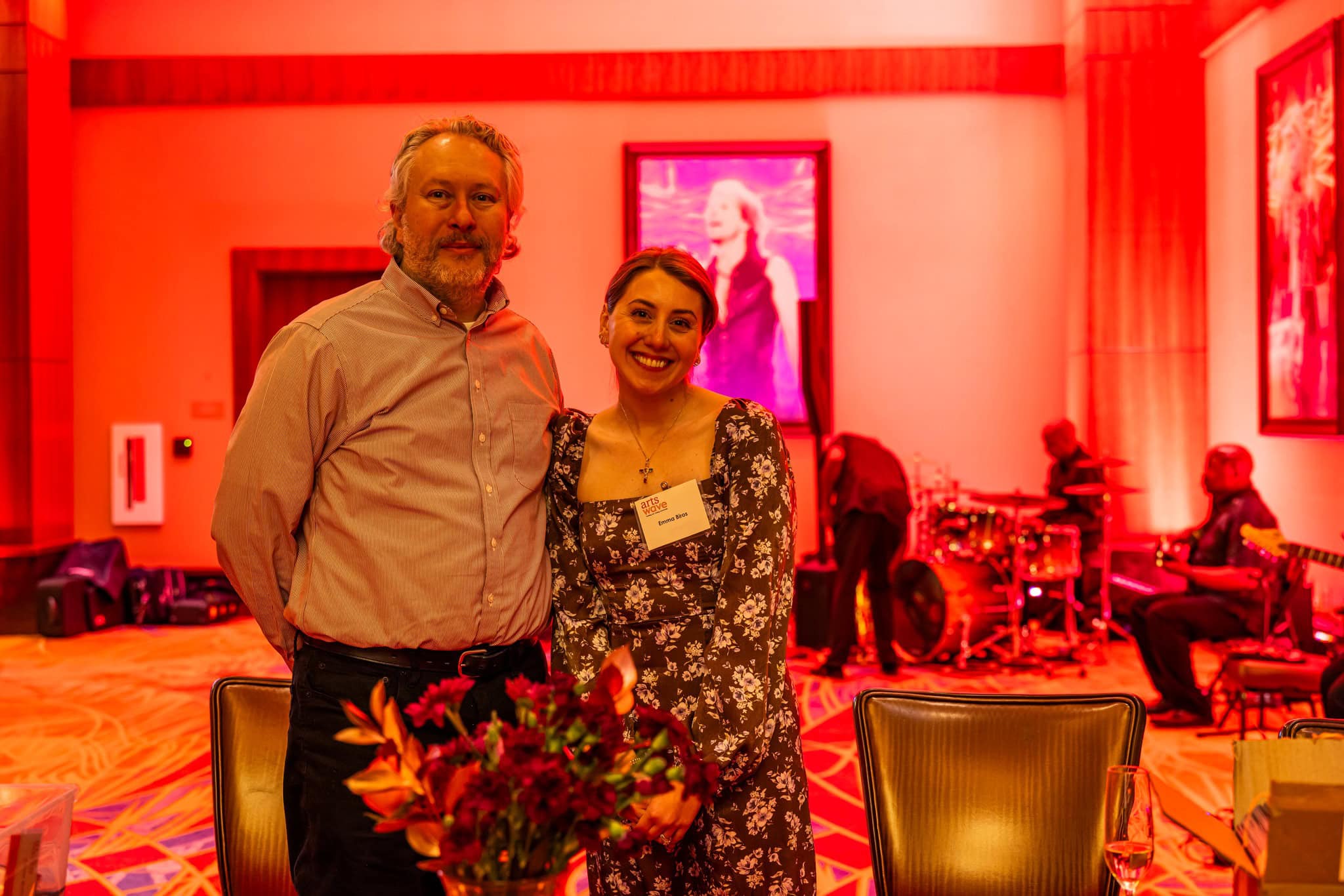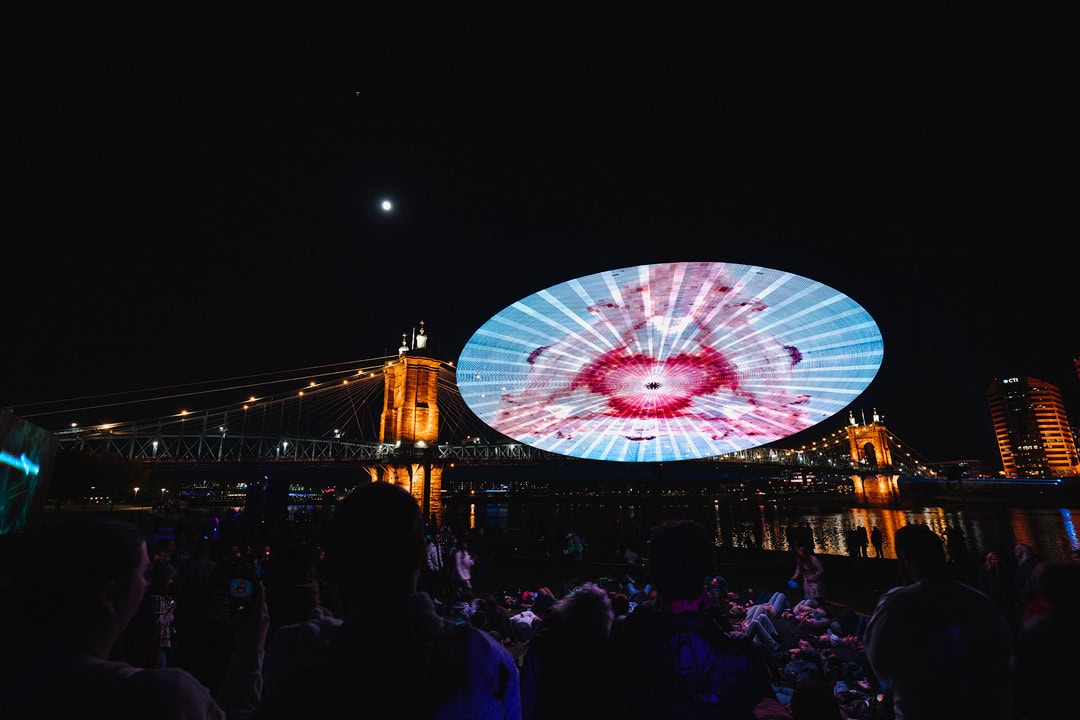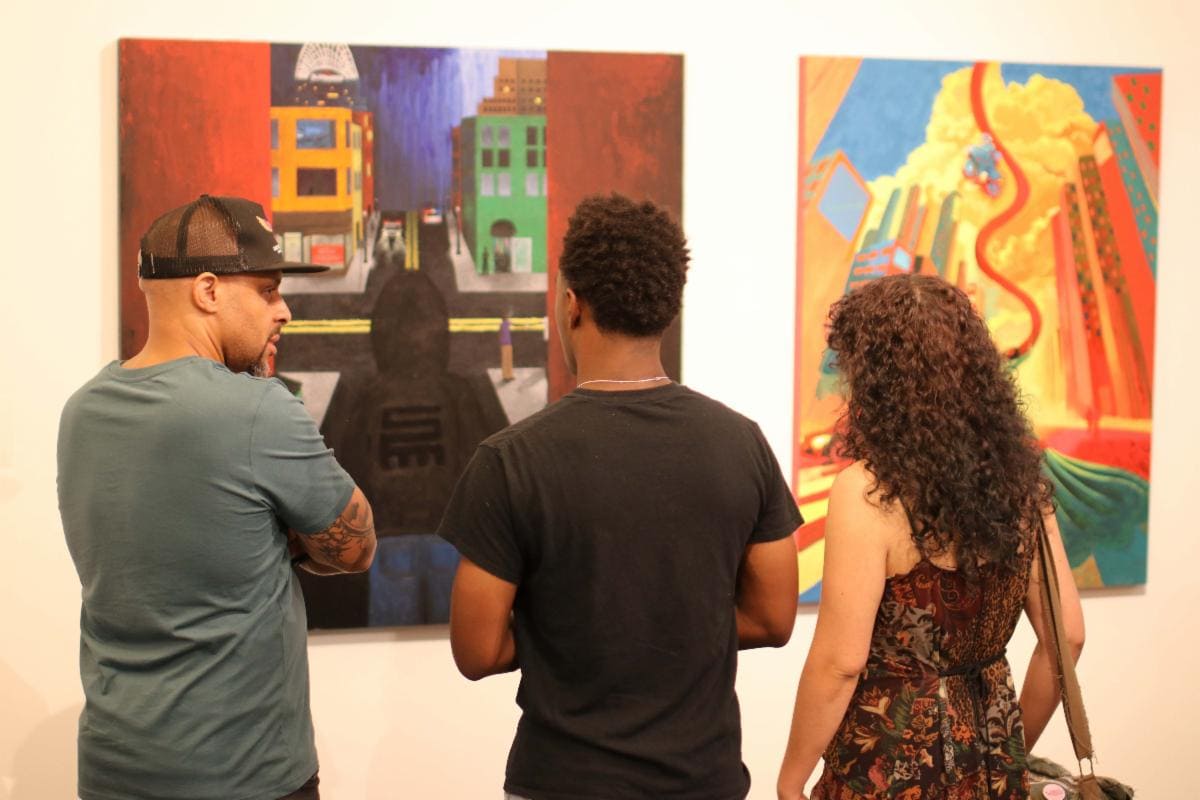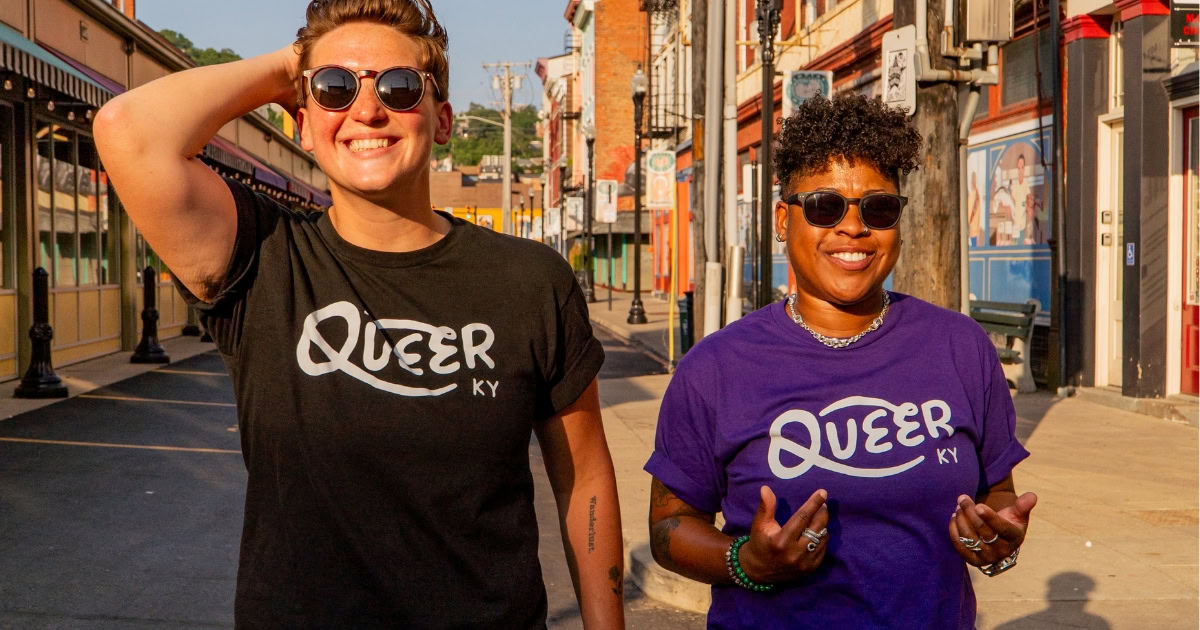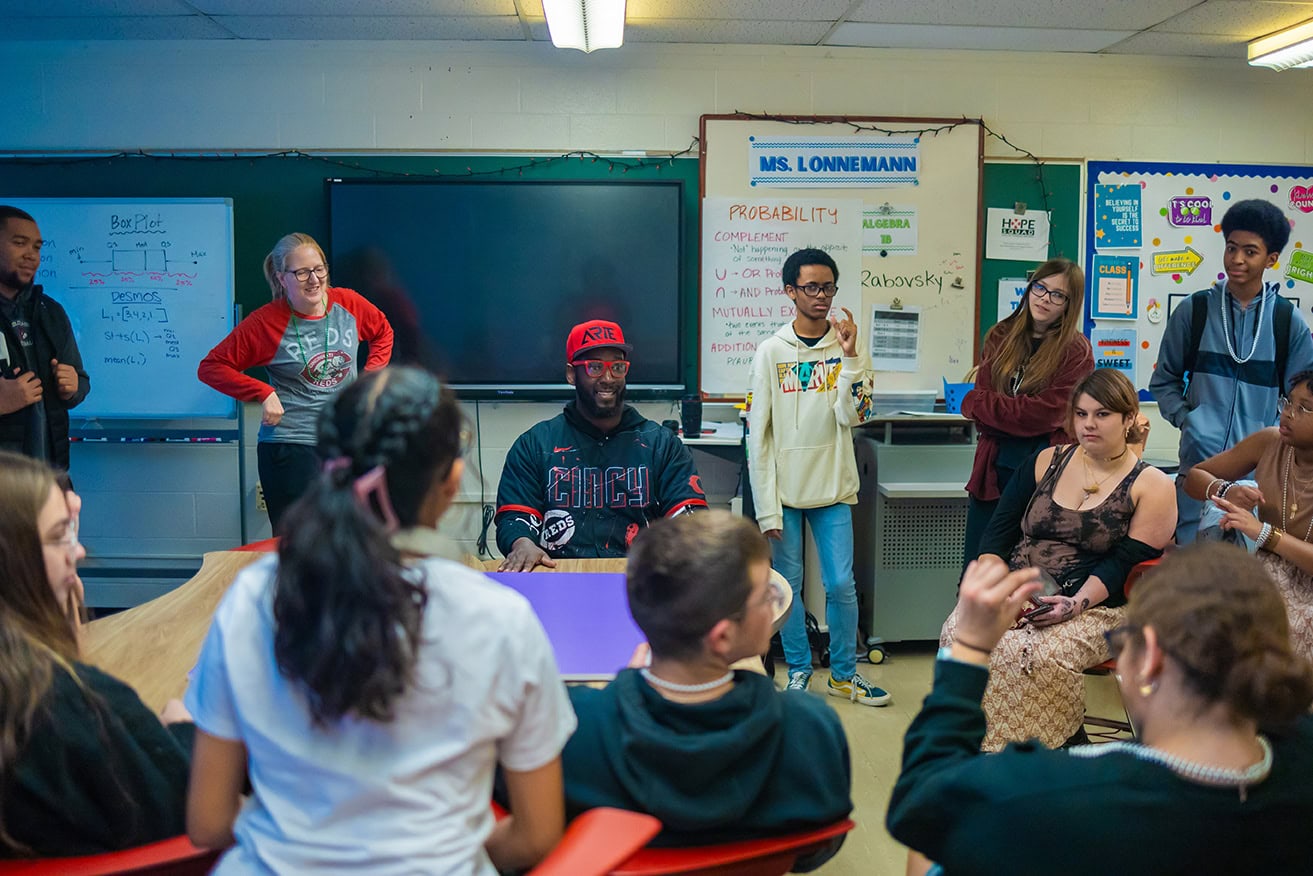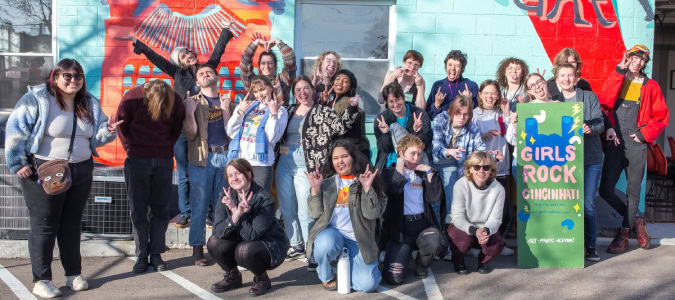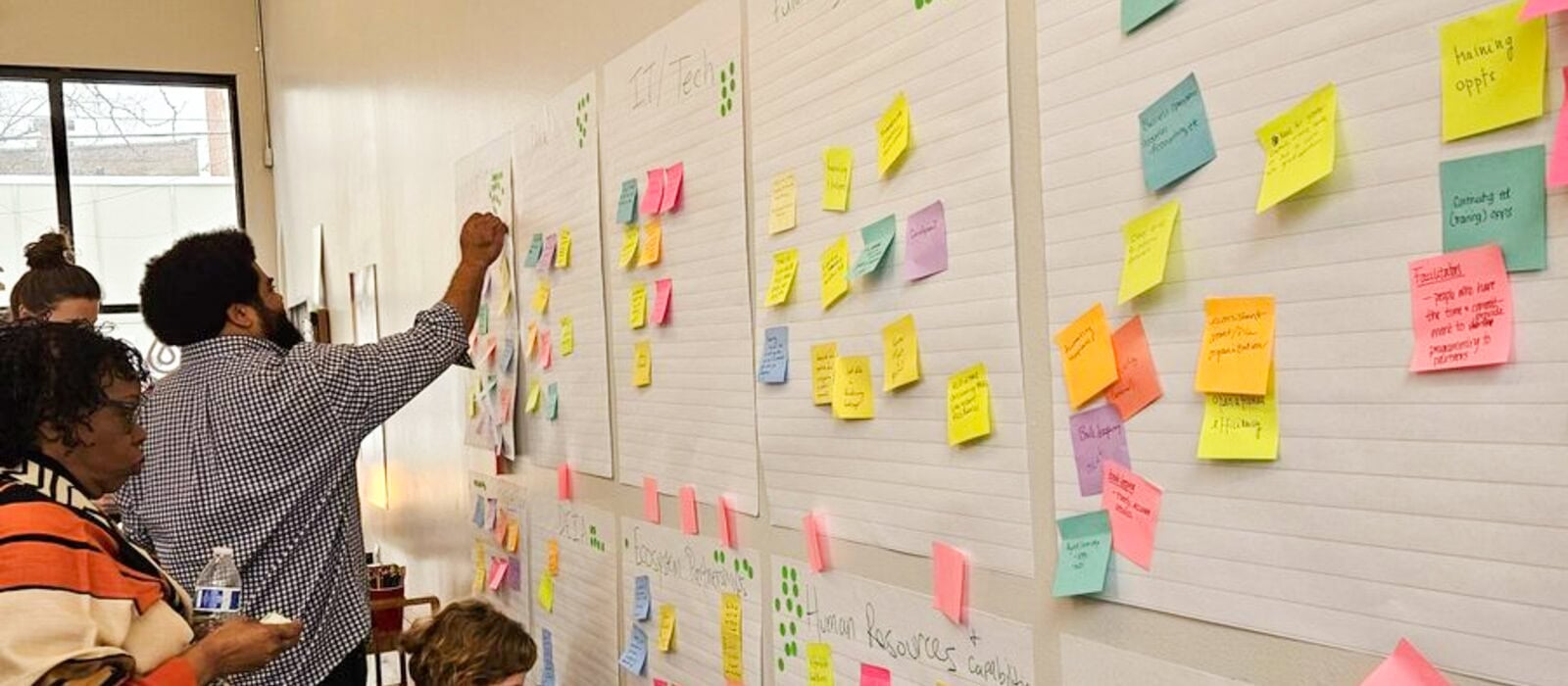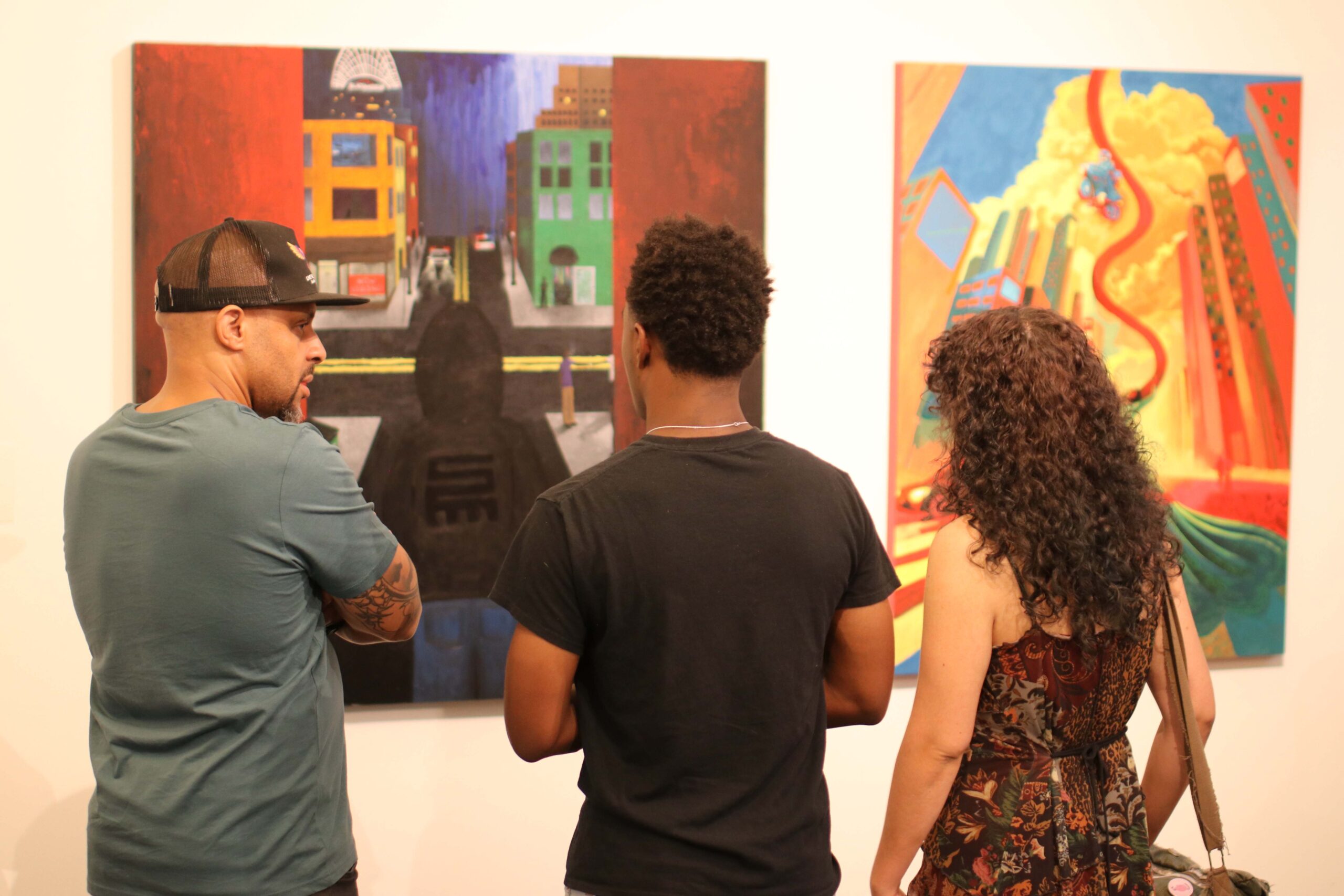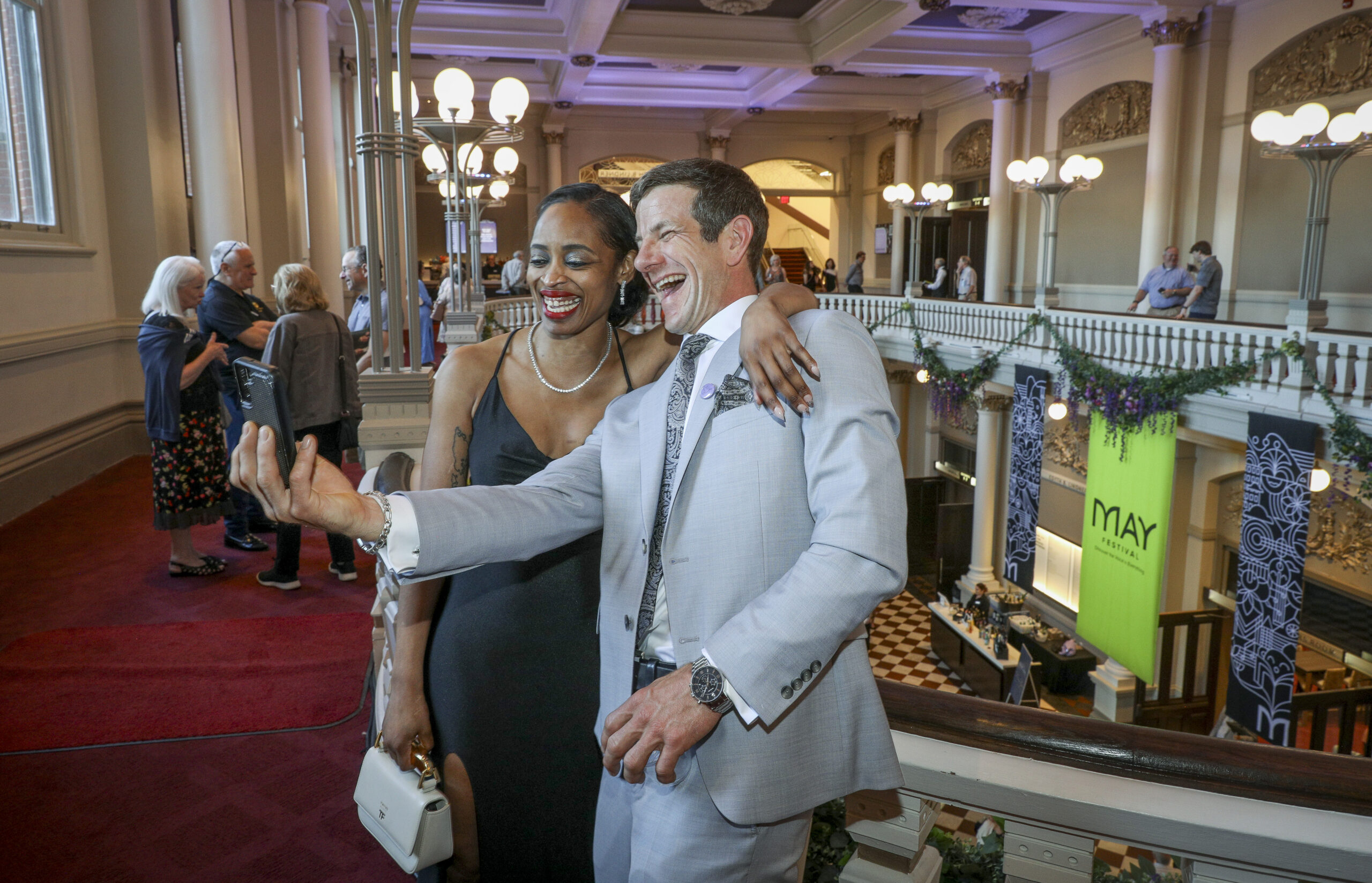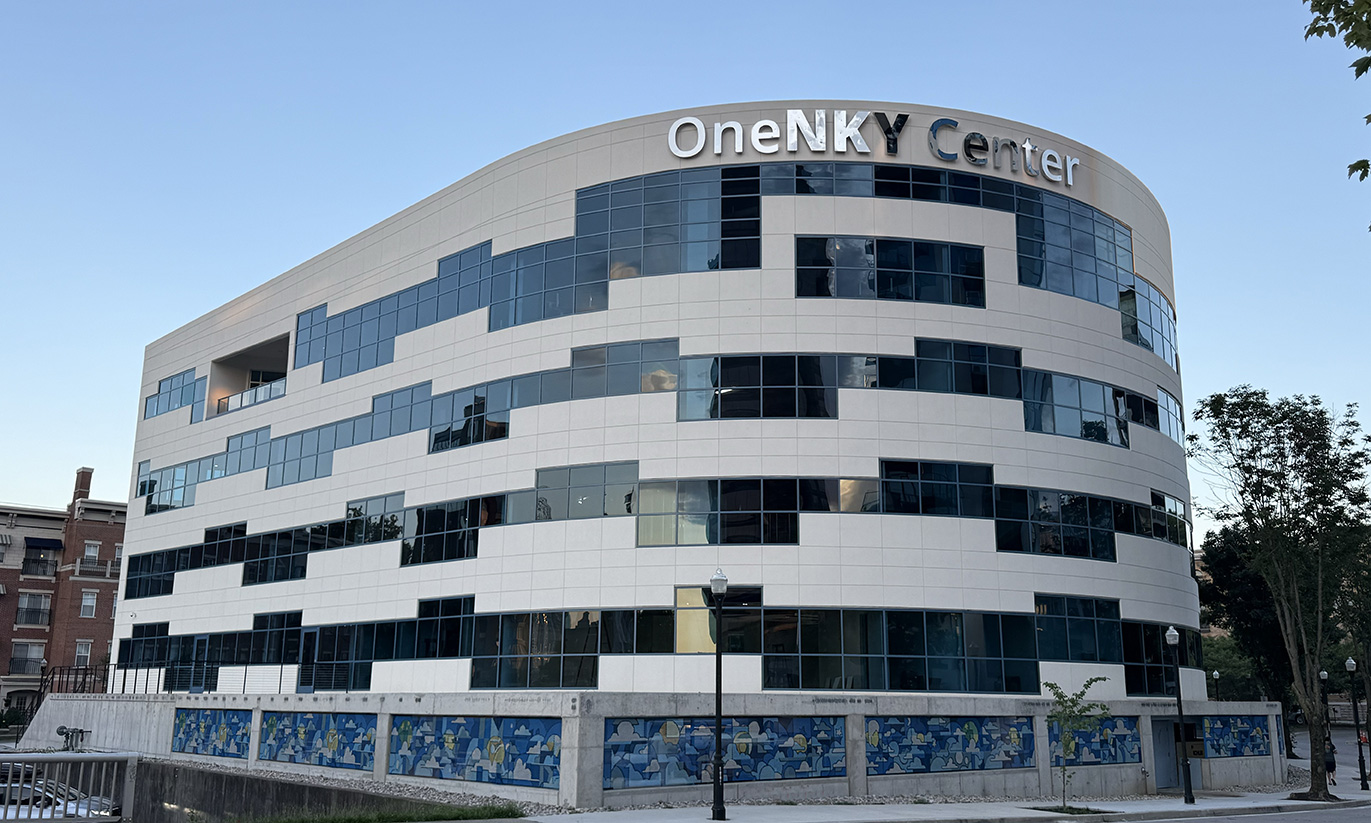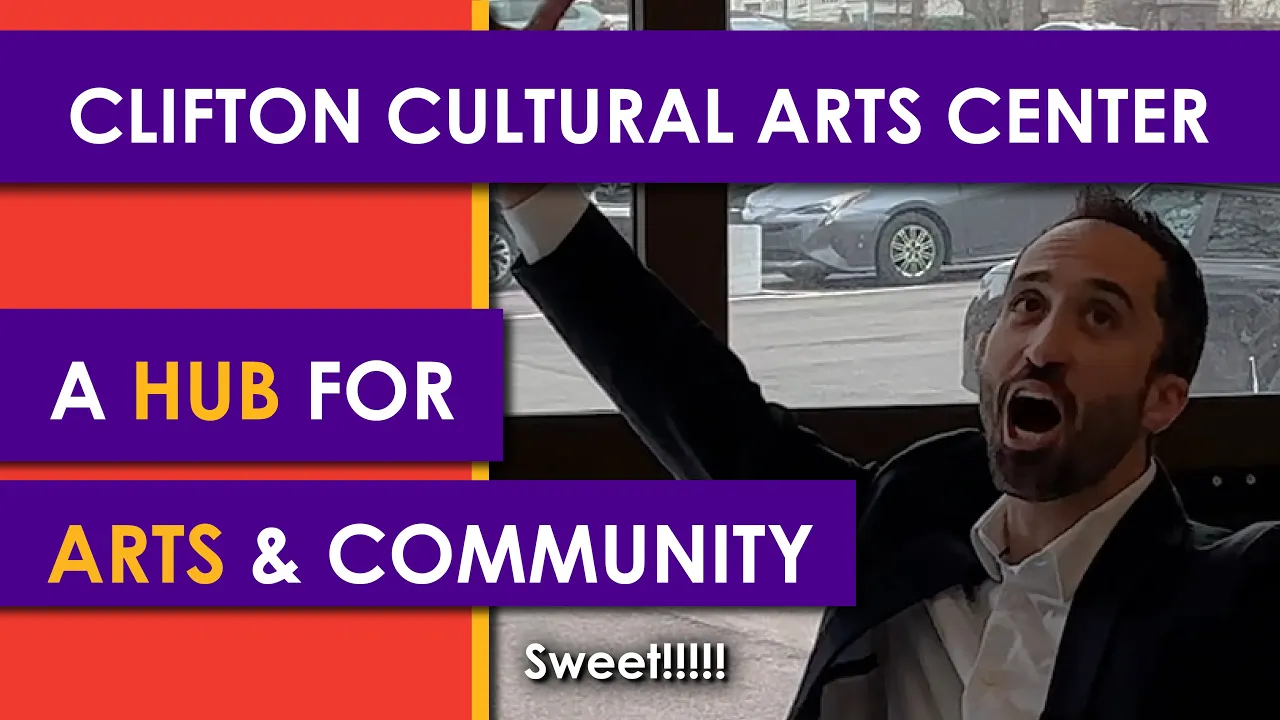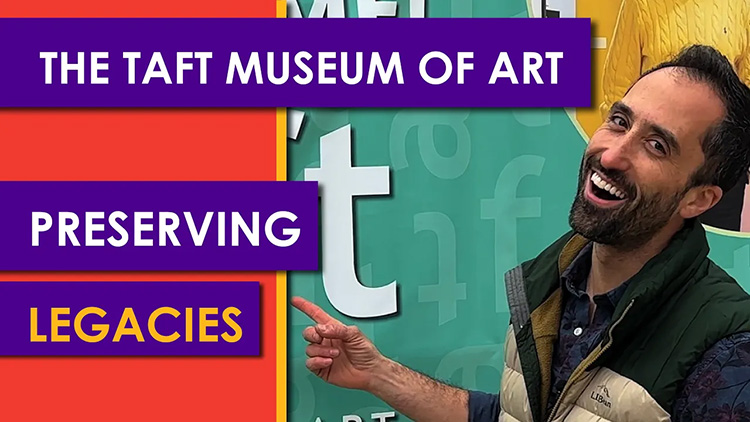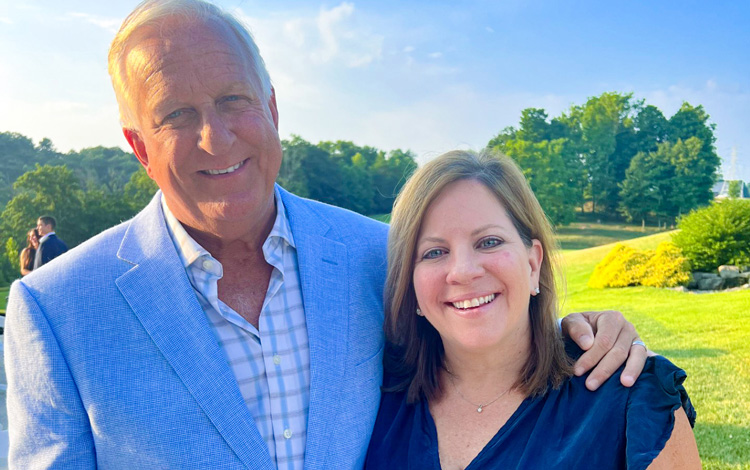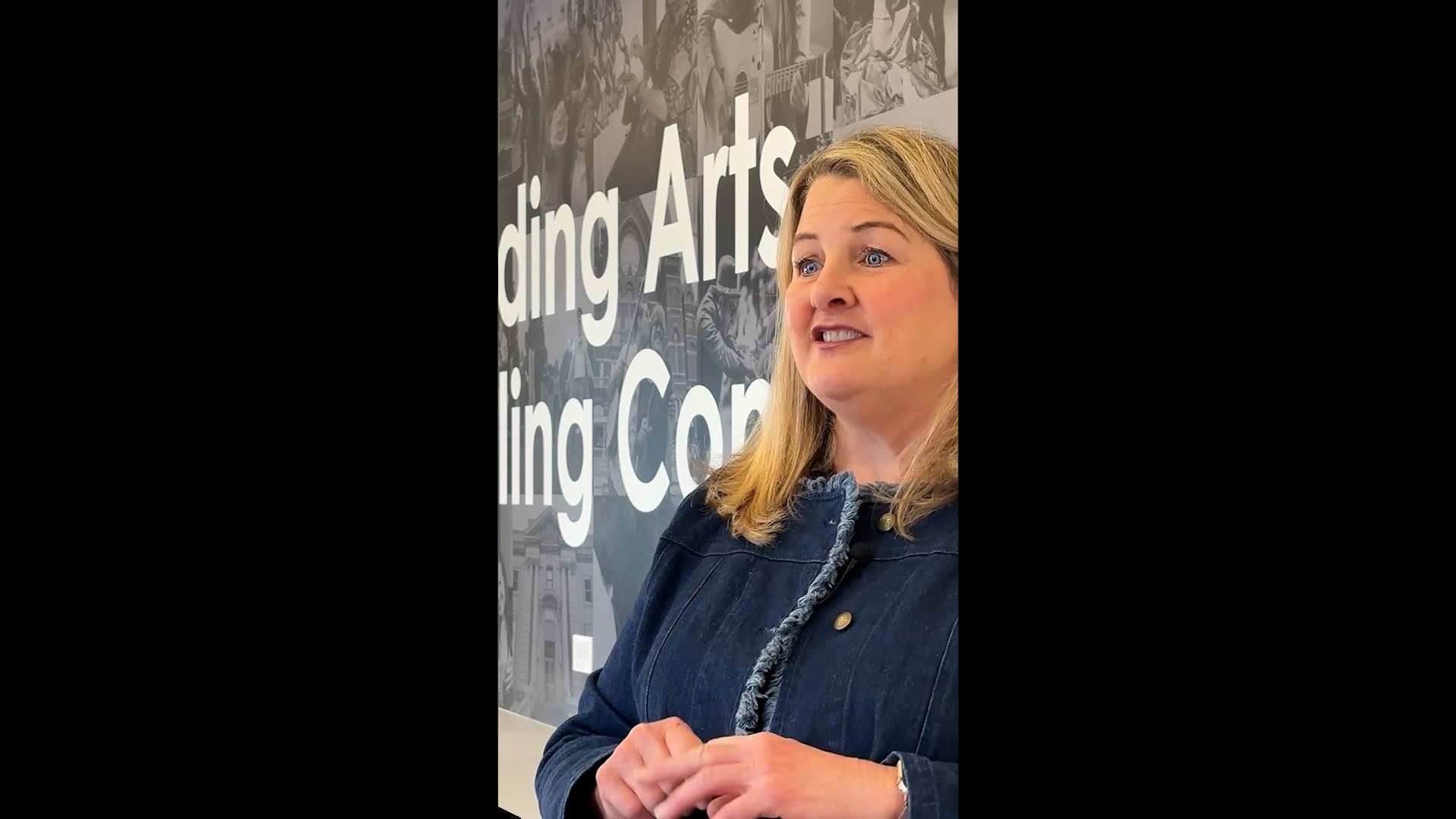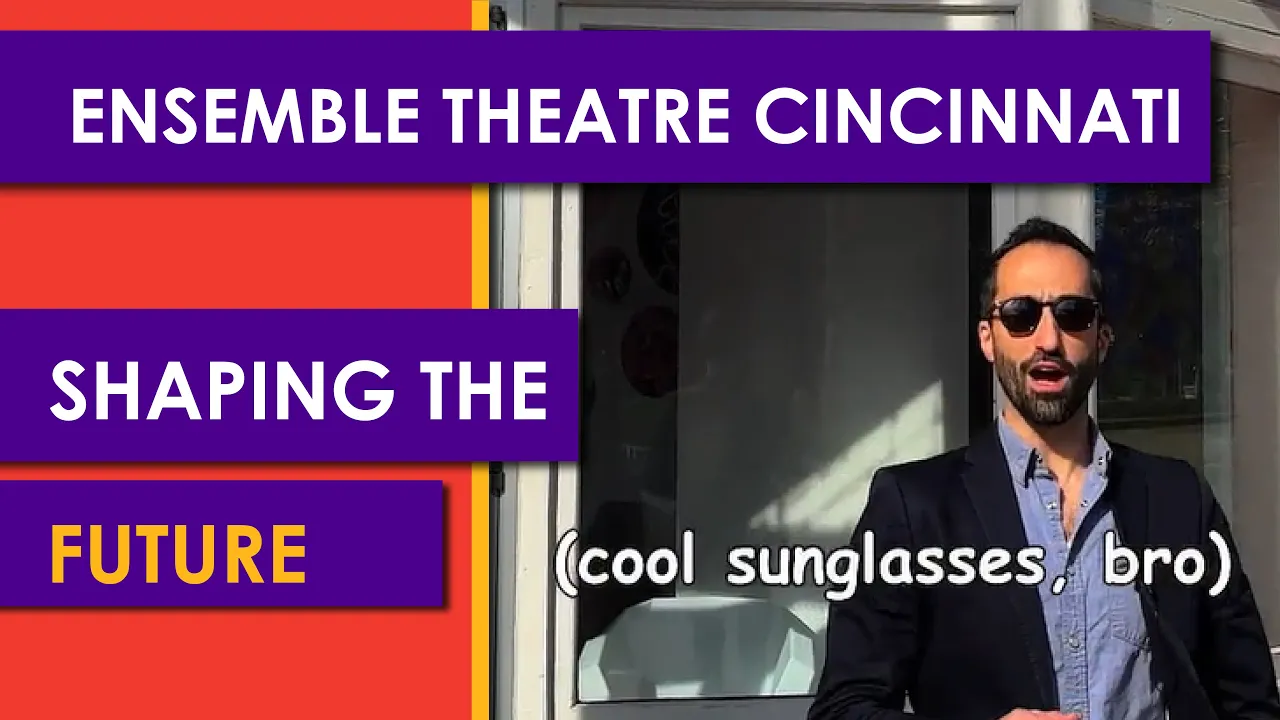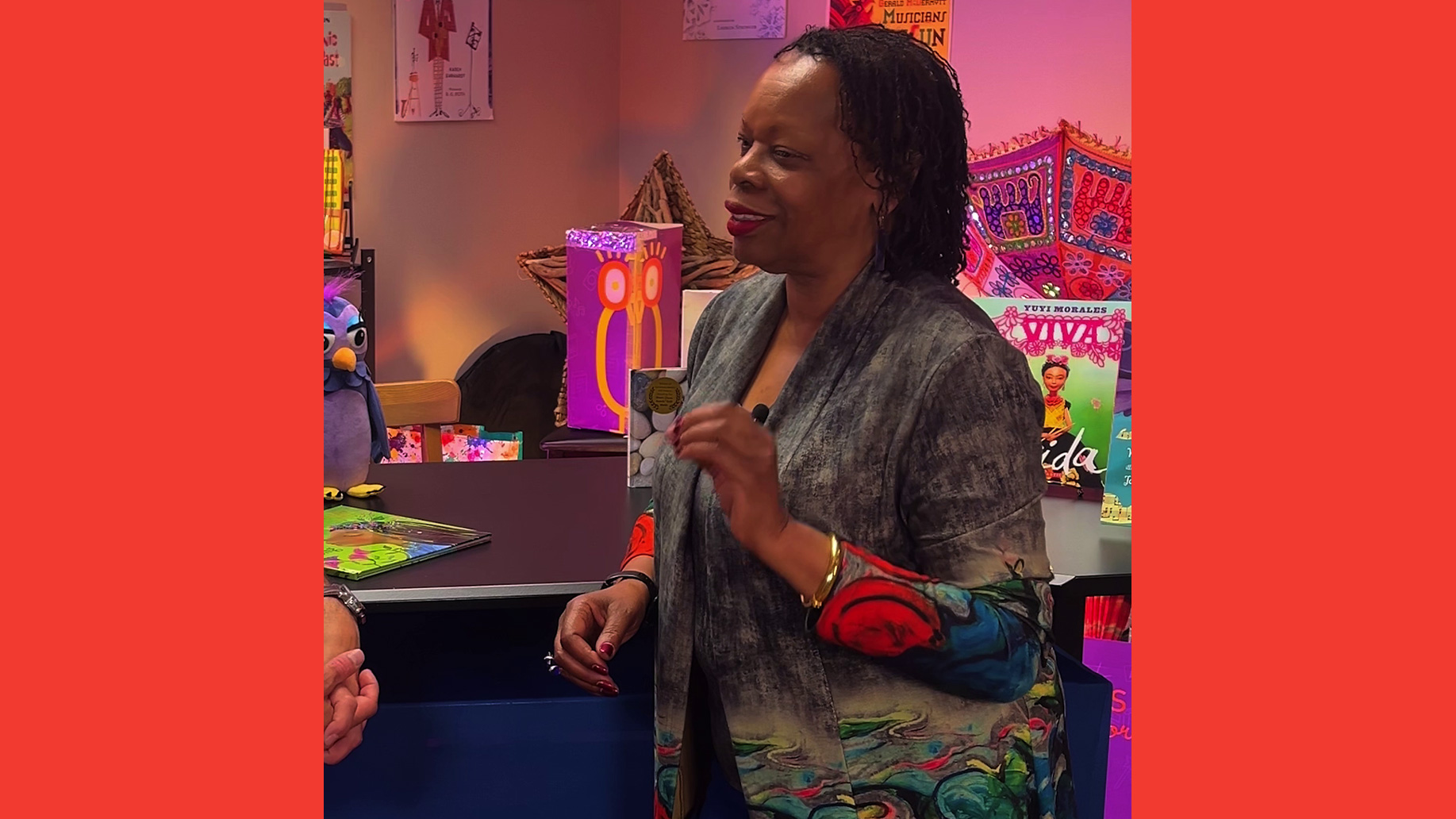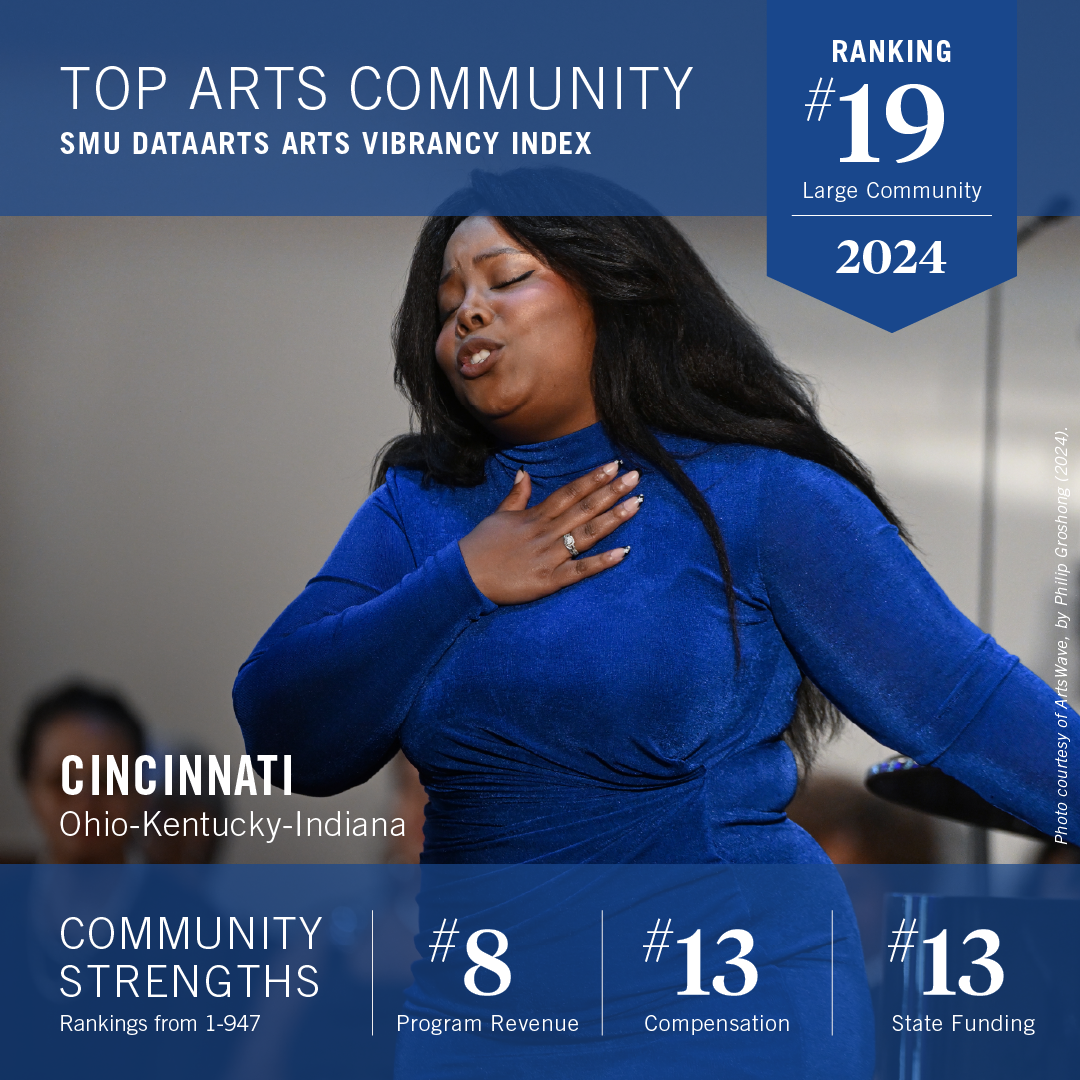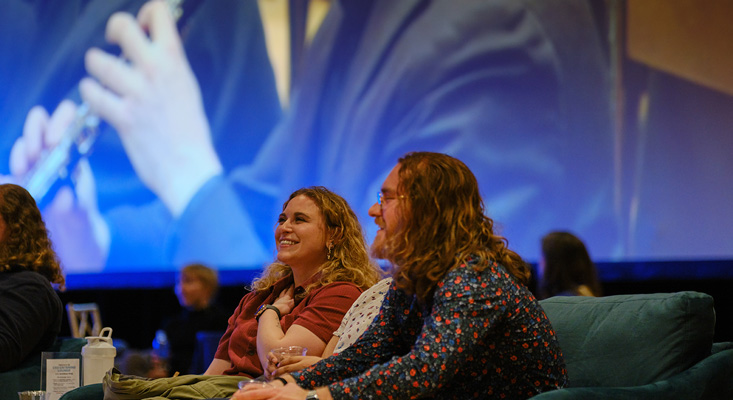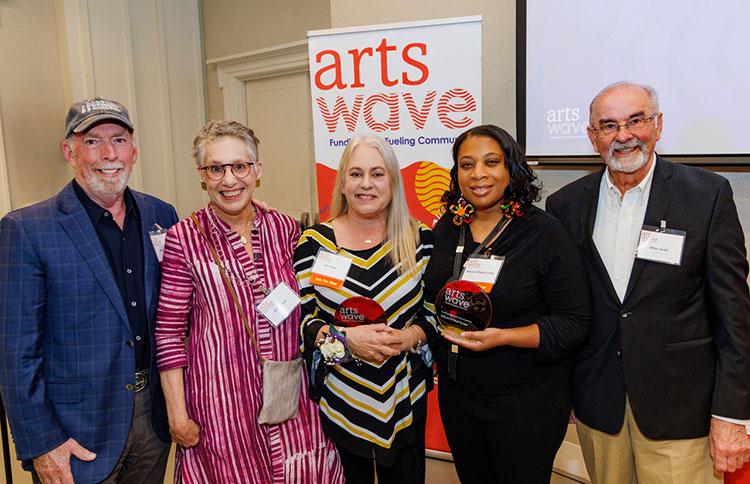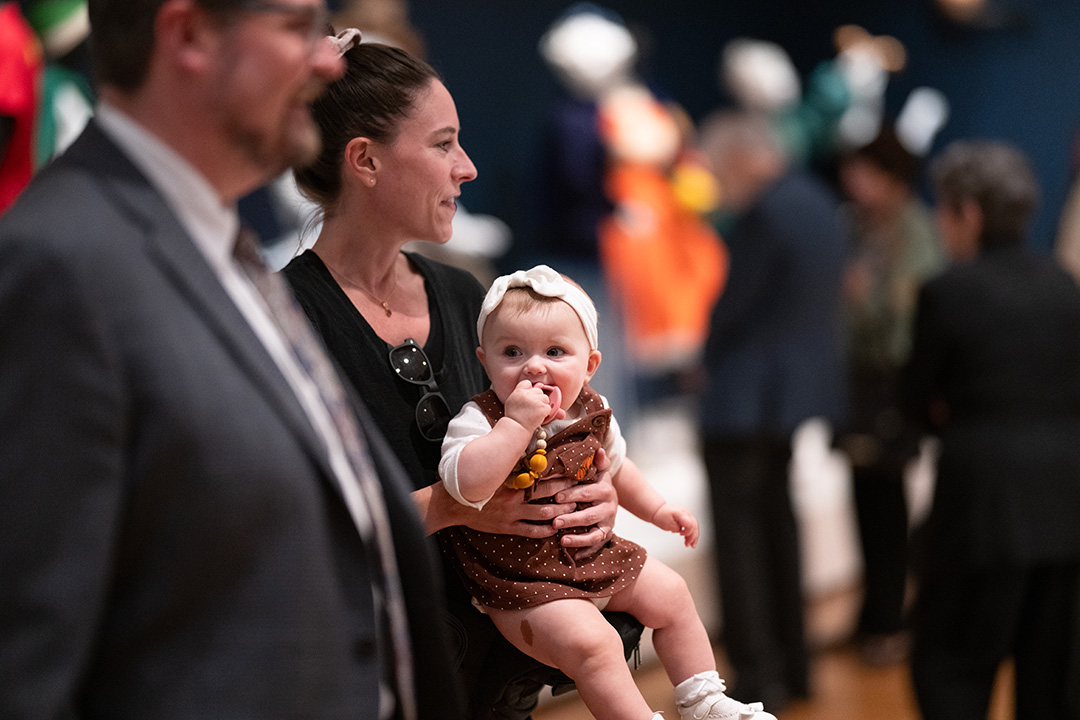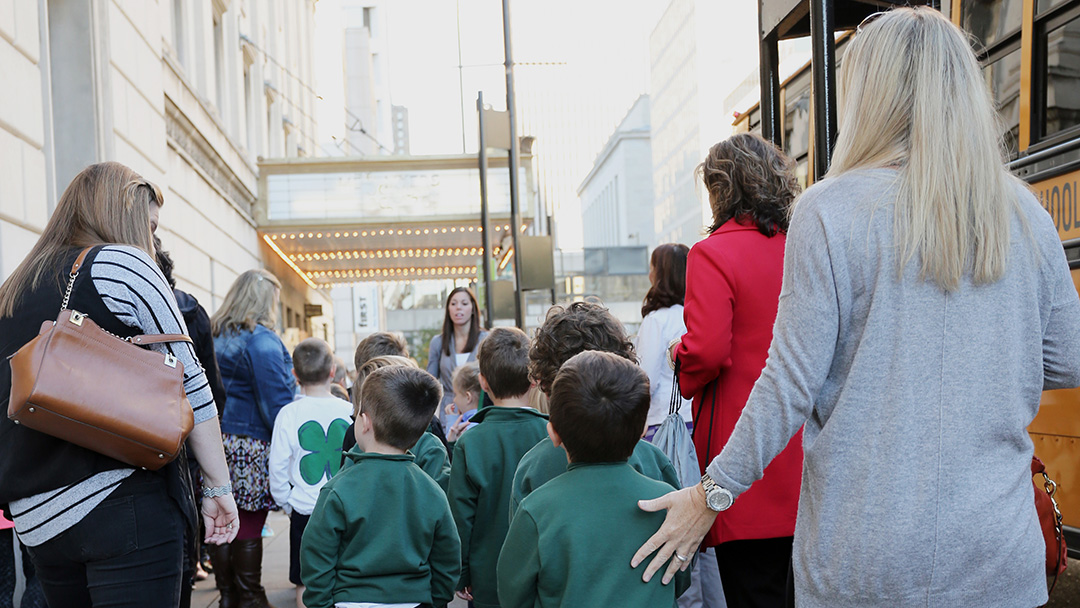Community Stories
The impact of your gift to ArtsWave is everywhere. Here are just a few of the stories it makes possible.
When you give to ArtsWave, you’re not just funding the arts, you’re changing lives. The difference you make by giving to ArtsWave goes so much further than you may know!
So, every week, we spotlight a new story showing how our arts are shaping life across the region, creating connection, sparking creativity and enriching communities.
Also, be sure to check out the Better Know Cincy’s Arts web series below! Each video is a 3-minute quirky dive behind an organization that your gift supports.

Better Know Cincy’s Arts
What’s so special about the Fitton Center’s bathrooms? Does Ensemble Theatre really perform in a bank vault? And what’s hiding under the wallpaper at the Taft Museum? Better Know Cincy’s Arts takes you behind the scenes of the region’s most unique arts spaces — quirks, secrets and all. Join the “ArtsWave Guy” as he uncovers the unexpected stories that show how the arts define the Cincinnati region.
Season Three
Season Two
Season One
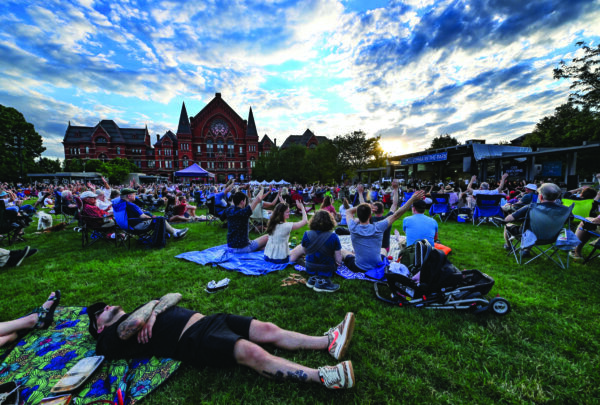
Cincy Stories
Get a behind-the-scenes look at the people, places, and passion fueling Cincinnati’s vibrant arts scene. This five-part video series explores how the arts shape our region, from revitalizing neighborhoods and inspiring young minds to building careers and uniting communities. Featuring diverse voices from across Greater Cincinnati, each episode tells a unique story of creativity, collaboration, and impact.



